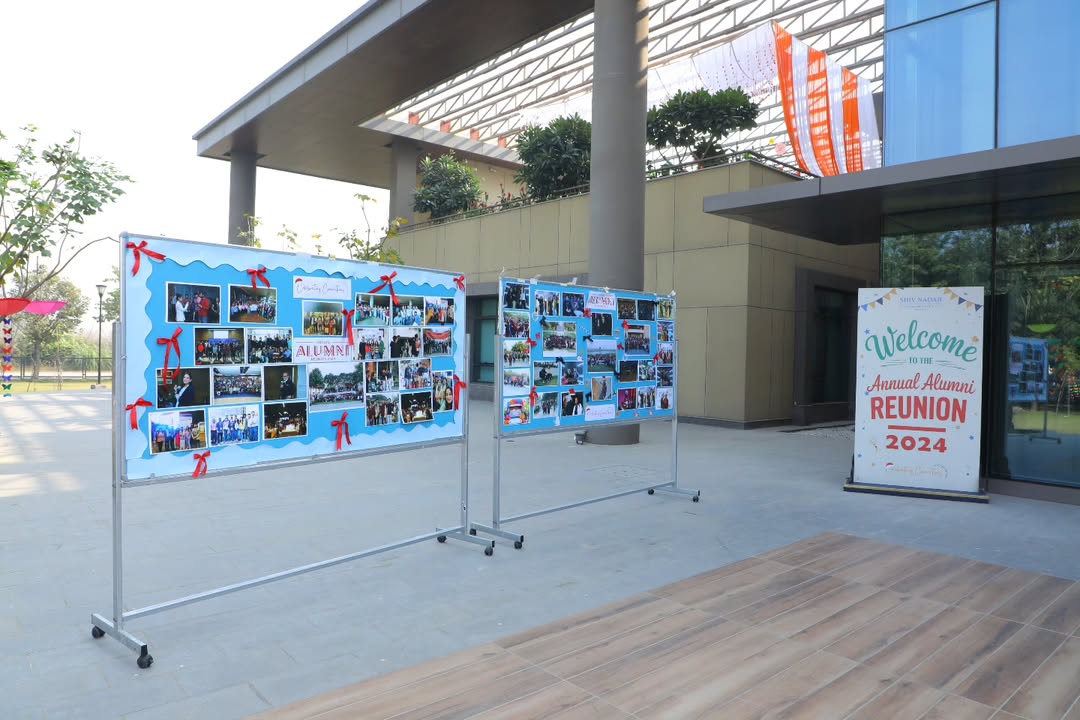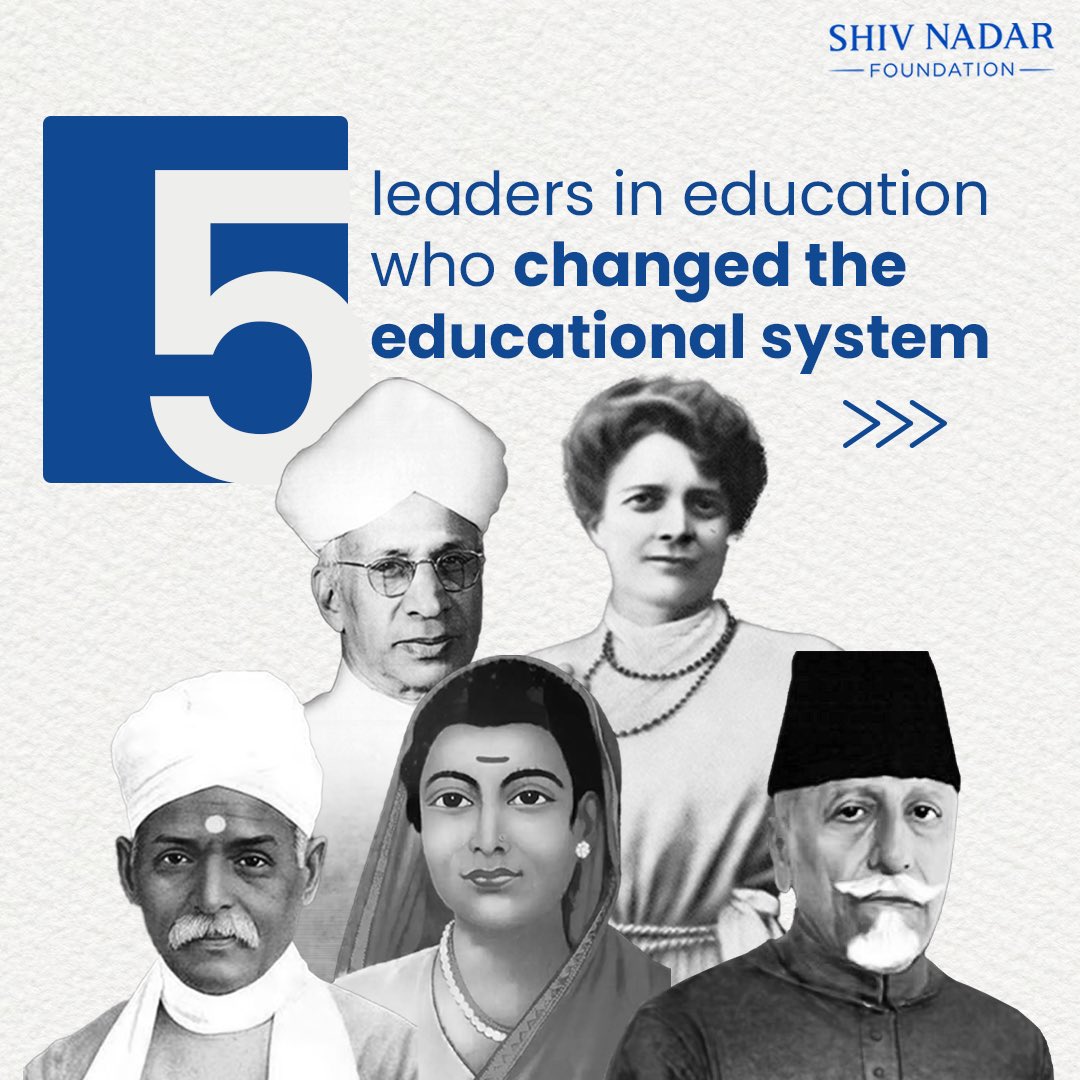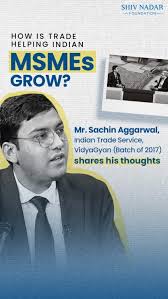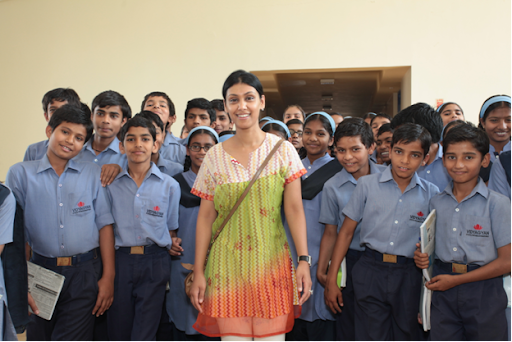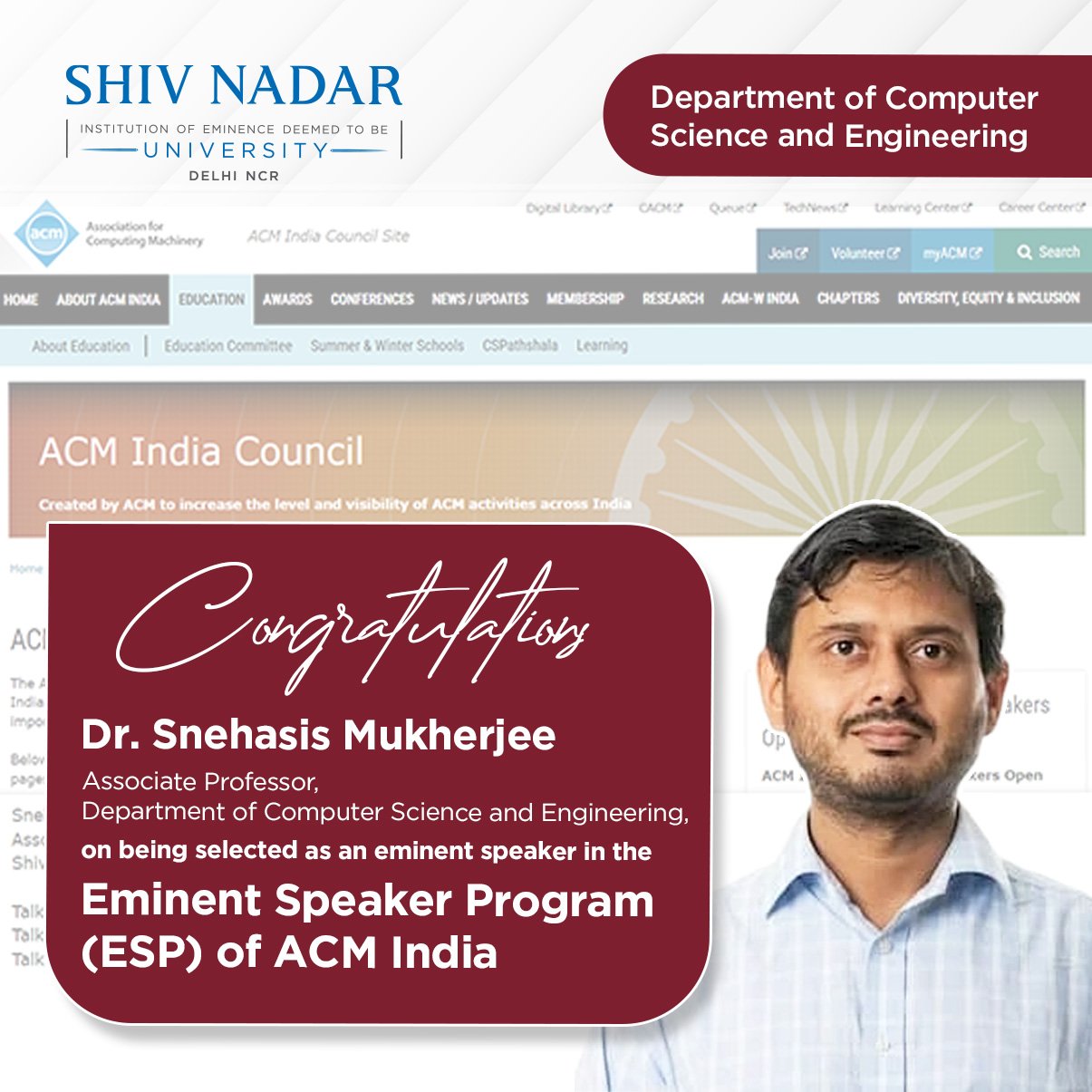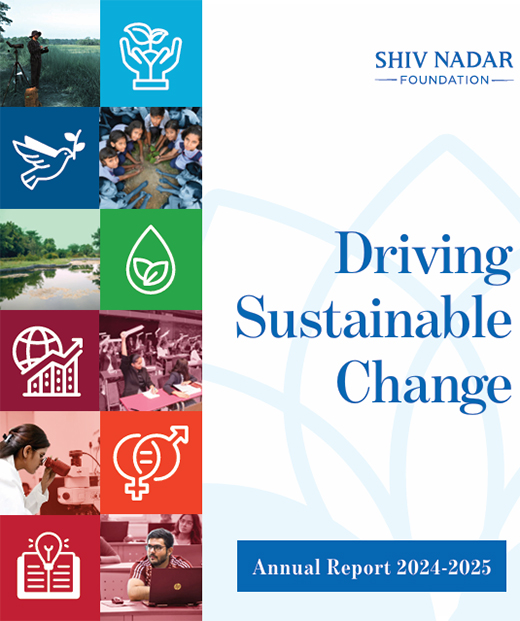Sustainable Energy from Food Waste: A New Approach
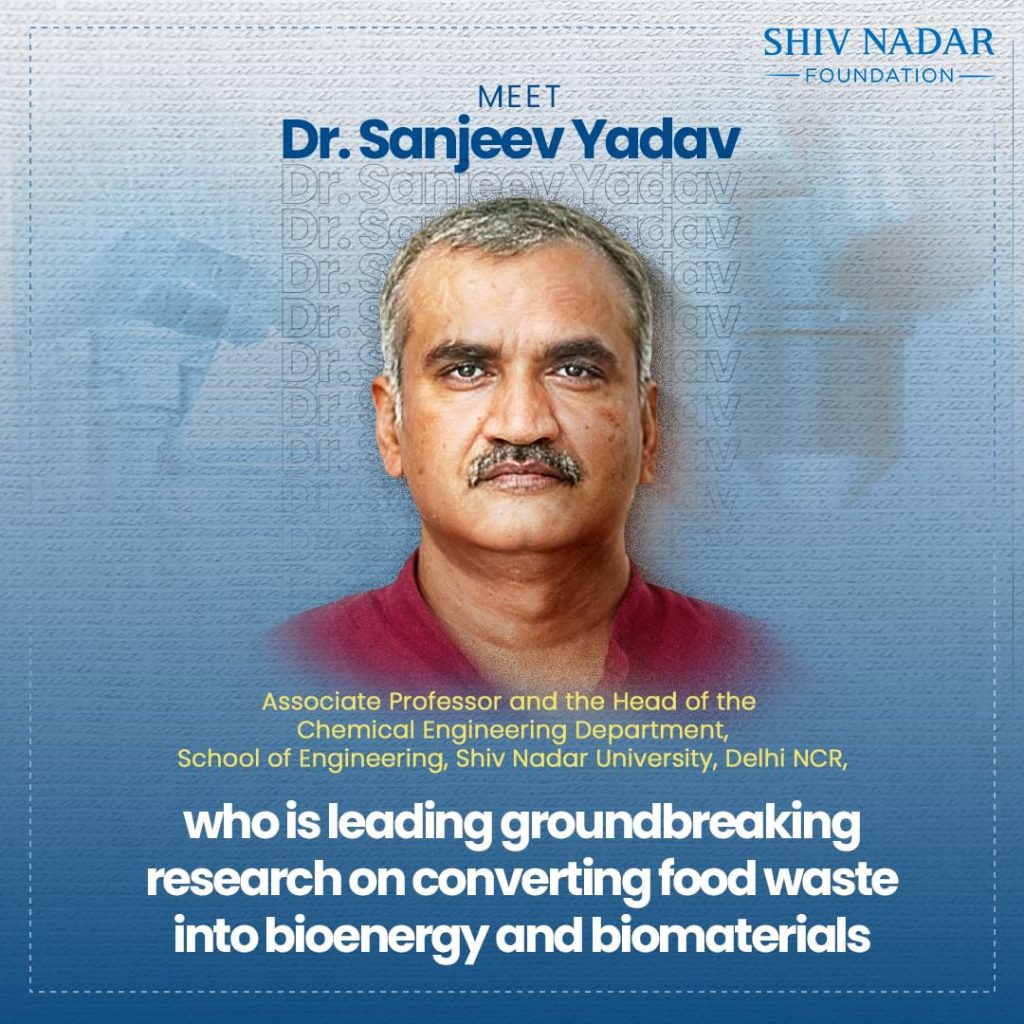
There is an urgent need for innovative solutions in a world facing an astounding 1.05 billion tonnes of food waste yearly. Leading a ground-breaking project that transforms this waste into valuable fuel, representing the sociological basis of education and supporting sustainable rural development while providing hope for a more sustainable future, is Dr. Sanjeev Yadav, Associate Professor and Head of the Department of Chemical Engineering at Shiv Nadar University, Delhi NCR.
Innovative Solutions: Transforming Waste into Energy
Dr. Yadav’s groundbreaking research utilizes an advanced thermochemical process to convert food waste into hydrogen fuel, biodiesel, and organic fertilizers. At the heart of this innovation lies a custom-built reactor designed specifically to extract valuable energy forms from waste. This pioneering approach not only addresses the pressing issue of food waste and also promotes sustainable practices essential for rural development.
The Food Waste to Fuel Initiative
The initiative called the Food Waste to Fuel (F2F) project intends to generate an astounding 5 million metric tons of hydrogen every year. This substantial production shows how waste-to-energy technology can support sustainable rural development and is a critical step toward accomplishing targets for renewable energy.
A Commitment to Positive Change
We at the Shiv Nadar Foundation are committed to supporting technologies that tackle global issues and promote positive change. Dr. Yadav’s work exemplifies our mission by demonstrating how effective research can lead to practical applications that benefit both the environment and society. His initiative reflects the sociological foundation of education, where scientific inquiry and community engagement converge to tackle real-world problems.
Impacts on Sustainable Rural Development
The implications of this research extend beyond energy production. Dr. Yadav is paving the way for a cleaner future by converting garbage into fuel and promoting sustainable practices in rural communities. In addition to reducing the negative effects of food waste on the environment, this strategy creates jobs by producing organic fertilizers and biofuels.
Conclusion
The work of Dr. Sanjeev Yadav and the F2F initiative represents a significant advancement in the quest for sustainability. Moving ahead, we need to encourage creative research that tackles waste management issues and advances sustainable rural development. By converting waste into wealth, we are reimagining the future of our planet, combining education with sustainable development to create a cleaner, greener society for future generations.



